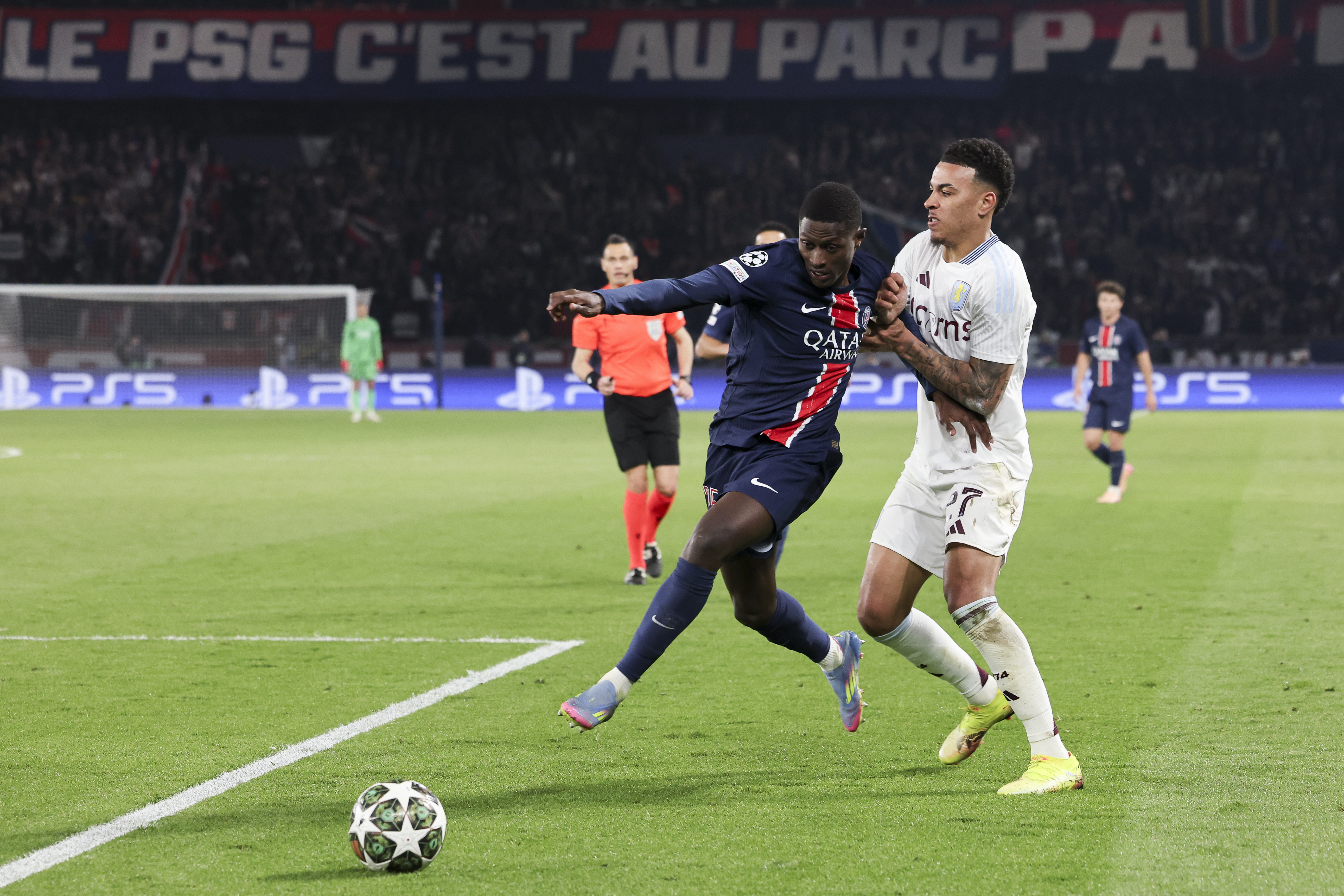FC Porto: What Chelsea fans need to know about Mourinho's former mob
Jose & Co. travel to the Estádio do Dragão for a tricky Champions League tussle on Tuesday night, and Tom Kundert provides the lowdown on what to expect...
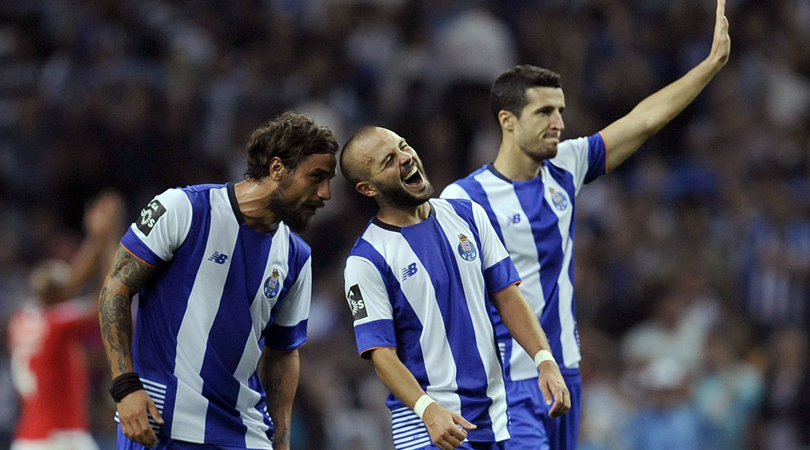
Who are they?
FC Porto are one of Portugal’s Três Grandes alongside Lisbon clubs Benfica and Sporting. Only twice in the Portuguese championship’s 80-year history has the title been won by a club outside those three teams. Porto have finished top of the tree 27 times, mostly in the past three decades when the Dragons came to dominate Portuguese football. In this golden period for Porto, domestic hegemony was complemented by outstanding achievements in Europe as they lifted the European Cup in 1987 and Champions League in 2004, the latter under the guidance of current Chelsea manager Jose Mourinho.
But all is not well at the Estádio do Dragão. Porto haven't won a single piece of silverware in two seasons – unheard of under the 33-year reign of club president Pinto da Costa. Last year’s failure to capture the title was especially hard to take. The northerners had invested heavily in the summer transfer market, while rivals Benfica sold half their squad, but it was still their fierce rivals from the capital that came out on top.
Despite widespread contestation, Spanish coach Julen Lopetegui kept his job, and although Porto sold key players – notably striker Jackson Martínez (to Atletico Madrid) and Brazilian full-backs Danilo (Real Madrid) and Alex Sandro (Juventus) – the consensus is that once again the Blue and Whites have assembled the strongest squad in Portugal. Winning the championship is an absolute priority – anything else will be considered a failure – but the squad is deep enough to fight on two fronts.
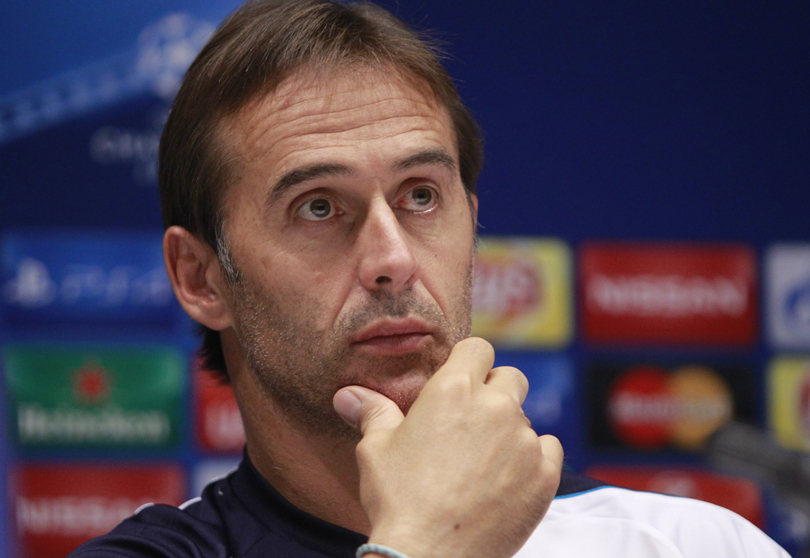
The one saving grace from last season’s malaise was a positive showing in the Champions League, especially in home matches, where the 6-0 thrashing of BATE Borisov, 4-0 mauling of Basel and 3-1 victory over Bayern Munich come to mind. A feeling lingers that some the current bunch of players aren't in for the long haul and save themselves for big European nights. Chelsea, you have been warned…
Strengths
Porto have a formidable home record in Europe’s premier competition, losing only 18% (17) of their 95 European Cup/Champions League matches played in Portugal, only two of which to English opposition. The possession-based game they've adopted since Lopetegui took the reins is especially effective at stifling the opposition in their own stadium. The team are currently on a run of 13 home matches without dropping a single point or even conceding a goal in league play.
Get FourFourTwo Newsletter
The best features, fun and footballing quizzes, straight to your inbox every week.
Porto are spoilt for choice in midfield, with €20m French capture Giannelli Imbula far from guaranteed a starting spot, especially given the excellent form shown by the Portuguese trio of Rúben Neves, Danilo Pereira and André.
Algerian winger Yacine Brahimi was unplayable in the first half of last season. He has struggled to recapture his best form since, but buoyed by signing a new contract with a €60m buyout clause last week, he could cause havoc with his intricate dribbling if given the chance. Big Cameroonian striker Vincent Aboubakar has been serenely unperturbed by the considerable task of filling the boots of prolific striker Jackson, notching six goals in seven games this season, as well as impressing with his link-up play.

Weaknesses
We are a predictable team, because we try to win all our matches home and away
Porto have been accused of being an overly predictable team. A repetitive style of attacking relies heavily on individual moments of magic for creativity. Porto rarely attack through the middle and if their wide players can be stifled or are having an off day there is a noticeable lack of a Plan B to pierce the opposition defence.
Lopetegui tried to counter such criticism last week, saying: “We are a predictable team, because we try to win all our matches home and away.” The quip backfired somewhat, with the Portuguese press immediately seizing on the first clause of the sentence and conveniently ignoring the second.
The game plan
Although sticking to Porto’s time-honoured 4-3-3 formation, Lopetegui has brought about a shift in how it is implemented, with the emphasis placed firmly on retaining control of the ball and dictating the tempo of play, rather than Porto’s more traditional counter-attacking style. A clear identity and style has its benefits, especially when the team is winning (which it usually is in Portugal) but Lopetegui’s tendency to make like-for-like substitutions and refusal to mix up his tactics can be his undoing when things start going wrong.
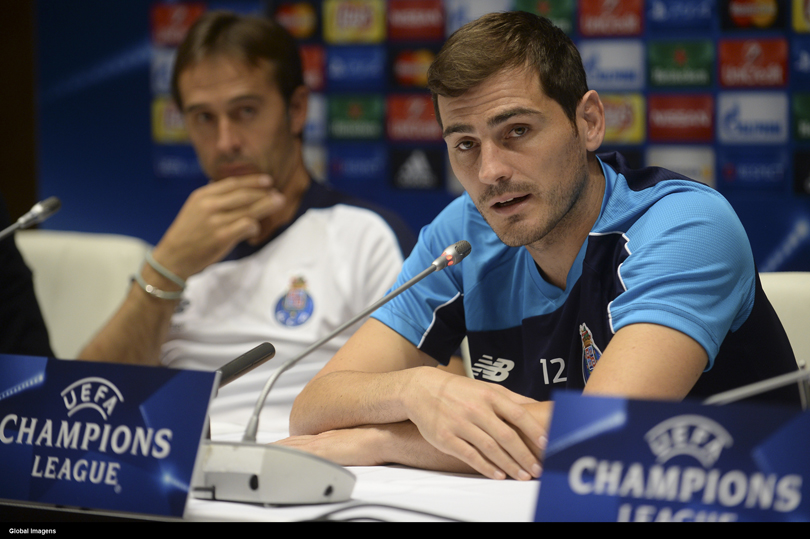
Key player
Porto restructured their squad in the close season, especially bolstering their midfield options. So much so that when they acquired Vitória de Guimarães playmaker André André (no, that isn’t a typo – his surname is André, his parents evidently didn’t try very hard when thinking up a first name), the 26-year-old was not expected to feature much.
But he made the most of his chances off the bench, helping mitigate the aforementioned lack of creativity with his incisive passing and intelligent positioning. Promoted to a starter in Porto’s last four games, André has been outstanding; his industry is an added bonus, as is his passion for the club where his father played, which was on full display in his exuberant celebrations after scoring a late winner in the recent Clássico against Benfica.
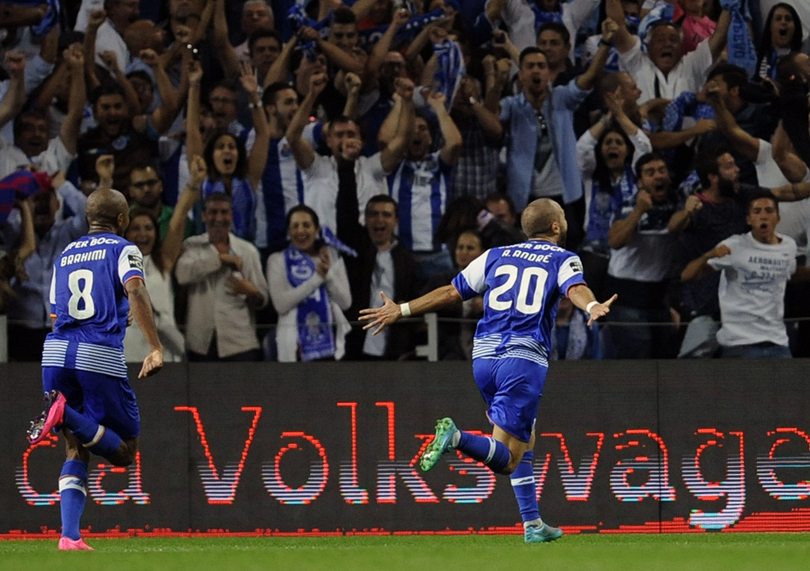
Famous for…
Making inordinate amounts of money in the transfer market. Porto’s coffers have been bolstered upwards of €750 million through player sales since the club won the Champions League in 2004, and this summer they broke their transfer revenue for a single window, earning over €100m from player departures.
Club legend
Locally born goalkeeper Vitor Baía broke into the team still a teenager and played almost the entirety of his career for Porto, accumulating an astonishing amount of silverware. He won the Portuguese championship nine times, and was a virtual ever-present during the Mourinho years as Porto added Champions League and UEFA Cup glory to their absolute dominance of domestic football. In his short spell at Barcelona he won the Cup Winners’ Cup, thus becoming one of only a handful of players to have won all three major European trophies.
Capped 80 times for Portugal, he played in two European Championships and one World Cup, but his international career was bluntly curtailed when Luiz Felipe Scolari inexplicably refused to select him upon becoming Portugal manager, despite the fact Baía had just been voted the best goalkeeper in Europe.
Now the former shot-stopper brings the same calm and assurance to his work in the media, and is touted by many as a future Porto president.
Porto vs Chelsea LIVE ANALYSIS with Stats Zone
